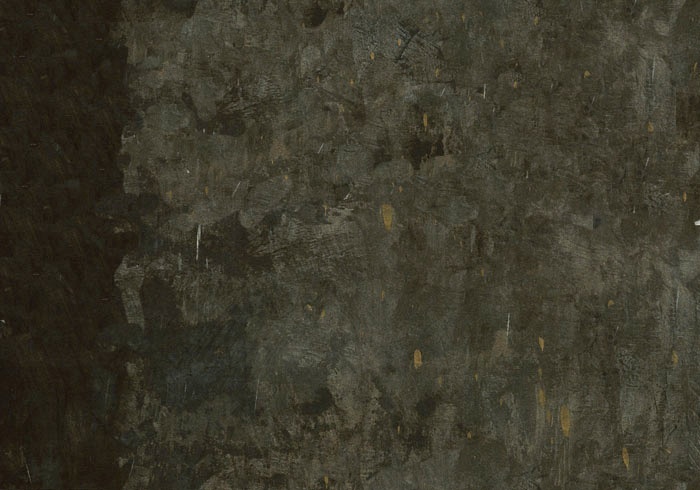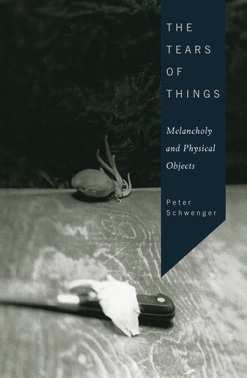THE TEARS OF THINGS: MELANCHOLY AND PHYSICAL OBJECTS
The object as the subject’s ultimate other
We surround ourselves with things, objects that are invested with our memories but can only stand for what we have lost. For physical objects—including one’s own body—situate and define us; yet at the same time they are fundamentally indifferent to us. The melancholy of this rift is a rich source of inspiration for artists.
Peter Schwenger deftly weaves together philosophical and psychoanalytical theory with artistic practice. Concerned in part with the act of collecting, The Tears of Things is itself a collection of exemplary art objects—literary and cultural attempts to control and possess things—including paintings by Georgia O’Keefe and René Magritte; sculpture by Louise Bourgeouis and Marcel Duchamp; Joseph Cornell’s boxes; Edward Gorey’s graphic art; fiction by Virginia Woolf, Georges Perec, and Louise Erdrich; the hallucinatory encyclopedias of Jorge Luis Borges and Luigi Serafini; and the corpse photographs of Joel Peter Witkin.
However, these representations of objects perpetually fall short of our aspirations. Schwenger examines what is left over—debris and waste—and asks what art can make of these. What emerges is not an art that reassembles but one that questions what it means to assemble in the first place. Included in this catalogue of waste is that ultimate still life, the cadaver, where the subject-object dichotomy receives its final ironic reconciliation.




